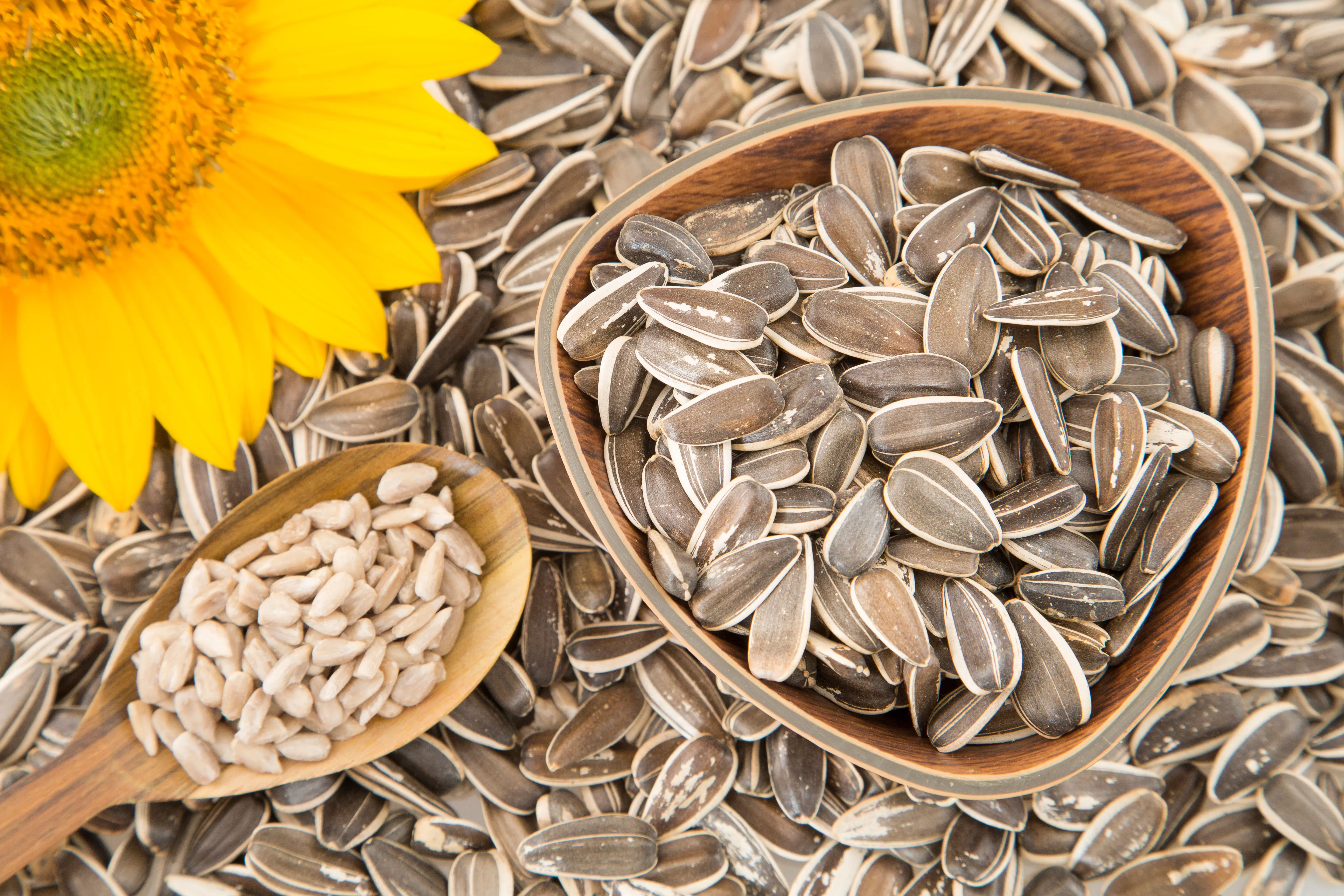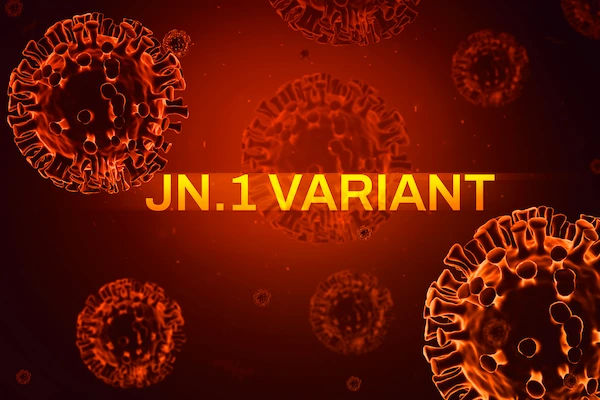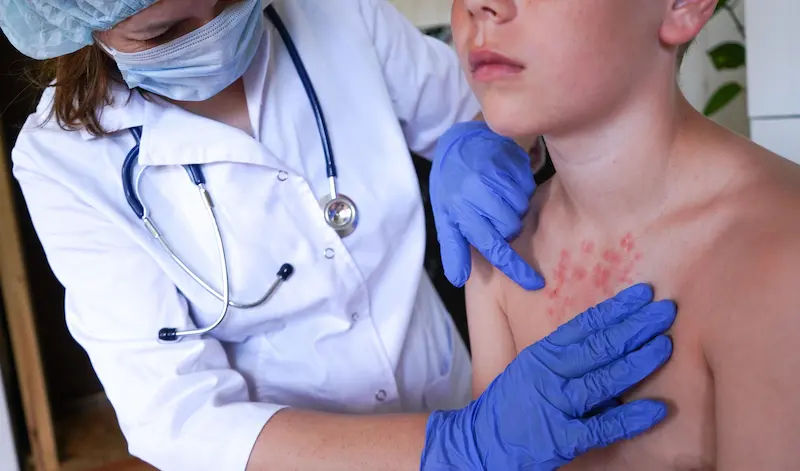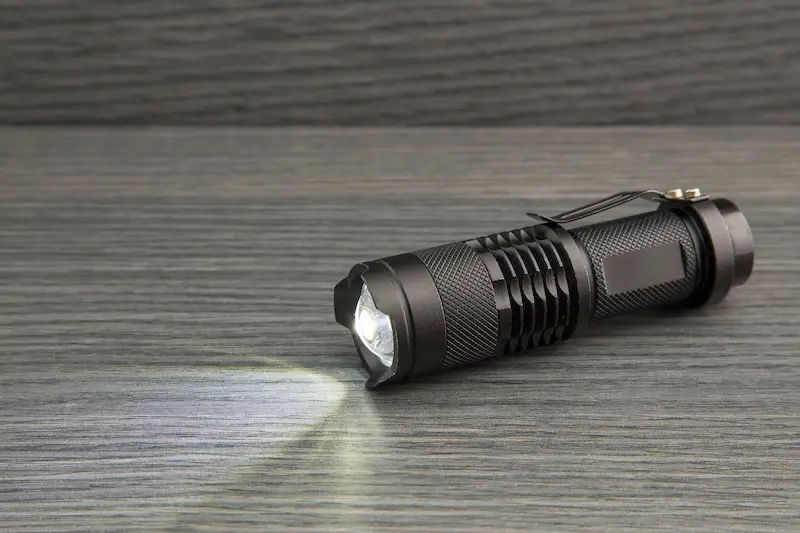Types of Strokes, Symptoms, and Causes
Know about strokes, types, symptoms, causes and how to reduce the risk of stroke. Learn about when to see the doctor and more.

Written by Dr. Siri Nallapu
Reviewed by Dr. J T Hema Pratima MBBS, Fellowship in Diabetes Mellitus
Last updated on 13th Jan, 2026

Introduction
A stroke is a serious medical condition that occurs when the blood supply to part of the brain is interrupted or reduced, depriving brain tissue of oxygen and nutrients. Within minutes, brain cells begin to die, making immediate medical attention crucial. Strokes can lead to long-term disability or even death if not treated promptly.
In this article, we’ll explore the different types of strokes, their symptoms, causes, and how you can reduce your risk.
Consult a Neurologist for Personalised Advice
Types of Strokes
There are three main types of strokes, each with different causes and effects:
1. Ischemic Stroke
This is the most common type, accounting for about 87% of all strokes. It happens when a blood clot blocks an artery supplying blood to the brain. The blockage can occur due to:
• Atherosclerosis (buildup of fatty deposits in arteries).
• Blood clots that travel from the heart (common in people with atrial fibrillation).
2. Hemorrhagic Stroke
This occurs when a weakened blood vessel ruptures and bleeds into the brain. The two main types are:
• Intracerebral haemorrhage (bleeding within the brain).
• Subarachnoid haemorrhage (bleeding in the space around the brain).
High blood pressure and aneurysms (weak spots in blood vessels) are common causes.
3. Transient Ischemic Attack (TIA or "Mini-Stroke")
A TIA is a temporary blockage that causes stroke-like symptoms but doesn’t cause permanent damage. However, it is a warning sign of a possible major stroke in the future and should never be ignored.
Common Stroke Symptoms (Think FAST!)
Strokes can happen suddenly, and recognising the symptoms early can save a life. Remember the acronym FAST:
• Face drooping (one side of the face sags or feels numb).
• Arm weakness (one arm drifts downward when raised).
• Speech difficulty (slurred or strange speech).
• Time to call emergency services immediately.
Other symptoms may include:
• Sudden numbness in the face, arm, or leg (especially on one side).
• Confusion, trouble speaking, or understanding speech.
• Sudden vision problems in one or both eyes.
• Severe headache with no known cause.
• Dizziness, loss of balance, or trouble walking.
What Causes a Stroke?
Several factors increase the risk of stroke:
1. Medical Conditions
• High blood pressure (the leading cause).
• Heart disease (especially atrial fibrillation).
• Diabetes (increases the risk of blood vessel damage).
• High cholesterol (leads to artery blockages).
2. Lifestyle Factors
• Smoking (damages blood vessels).
• Obesity & lack of exercise.
• Unhealthy diet (high in salt, fat, and processed foods).
• Excessive alcohol use.
3. Other Risk Factors
• Age (risk increases after 55).
• Family history of strokes.
• Previous stroke or TIA.
How to Reduce Your Risk of Stroke?
While some risk factors (like age and genetics) can’t be changed, many lifestyle adjustments can significantly lower your risk:
1. Manage Blood Pressure
• Check your blood pressure regularly.
• Reduce salt intake and follow a heart-healthy diet.
2. Control Diabetes & Cholesterol
• Monitor blood sugar levels if diabetic.
• Eat more fibre, fruits, and vegetables.
3. Quit Smoking & Limit Alcohol
• Smoking damages blood vessels—seek help to quit.
• Drink alcohol in moderation (if at all).
4. Stay Active & Maintain a Healthy Weight
• Aim for 30 minutes of exercise most days.
• Maintain a balanced diet rich in whole grains, lean proteins, and healthy fats.
5. Recognise Warning Signs Early
• If you experience TIA symptoms, seek medical help immediately.
When to Seek Emergency Help?
A stroke is a medical emergency—every minute counts! If you or someone else shows FAST symptoms, call for help immediately. Early treatment can minimise brain damage and improve recovery chances.
Final Thoughts
Strokes can be life-altering, but knowing the signs and taking preventive steps can make a big difference. By managing risk factors and acting fast when symptoms appear, you can protect yourself and your loved ones.
Consult a Neurologist for Personalised Advice
Consult a Neurologist for Personalised Advice

Dr. Aditendraditya Singh Bhati
Neurosurgeon
21 Years • MBBS(2004), DNB Neurosurgery(2014); MNAMS; Fellow Skull Base Endoscopy (Italy), Fellow Extended Skull Base ( Weill Cornell, USA), Fellow ZAP-X Radiosurgery. Member of American Association of Neurological Surgeons
Delhi
Apollo Hospitals Indraprastha, Delhi
(125+ Patients)

Dr. Ganeshgouda Majigoudra
Neurologist
10 Years • MBBS, MD ( GENERAL MEDICINE) DM (NEUROLOGY)
Bengaluru
Apollo Clinic, JP nagar, Bengaluru

Dr. E Prabhakar Sastry
General Physician/ Internal Medicine Specialist
40 Years • MD(Internal Medicine)
Manikonda Jagir
Apollo Clinic, Manikonda, Manikonda Jagir
(175+ Patients)
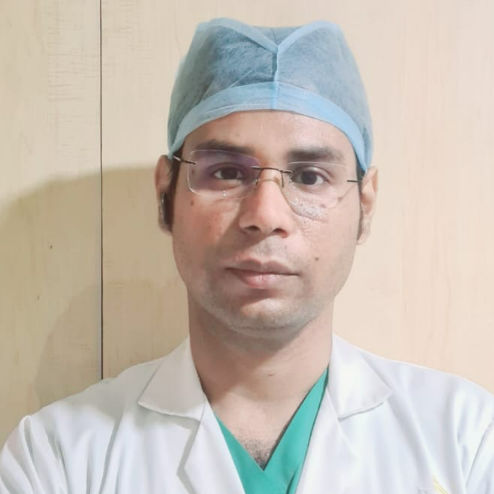
Dr Debnath Dwaipayan
Neurosurgeon
9 Years • MBBS, MS(Gen. Surgery), DrNB (Neurosurgery)
Delhi
Apollo Hospitals Indraprastha, Delhi
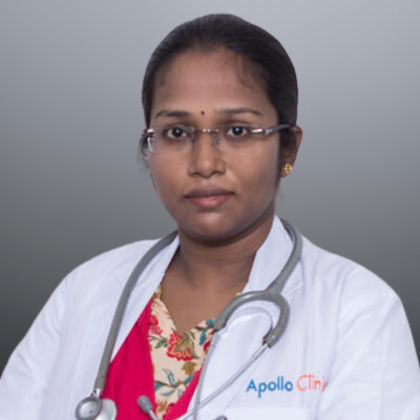
Dr. Anusha D
Neurologist
16 Years • MBBS, MD, DM (Neuro), DNB (Neuro)
Chennai
Apollo Speciality Hospitals OMR, Chennai
(125+ Patients)
Consult a Neurologist for Personalised Advice

Dr. Aditendraditya Singh Bhati
Neurosurgeon
21 Years • MBBS(2004), DNB Neurosurgery(2014); MNAMS; Fellow Skull Base Endoscopy (Italy), Fellow Extended Skull Base ( Weill Cornell, USA), Fellow ZAP-X Radiosurgery. Member of American Association of Neurological Surgeons
Delhi
Apollo Hospitals Indraprastha, Delhi
(125+ Patients)

Dr. Ganeshgouda Majigoudra
Neurologist
10 Years • MBBS, MD ( GENERAL MEDICINE) DM (NEUROLOGY)
Bengaluru
Apollo Clinic, JP nagar, Bengaluru

Dr. E Prabhakar Sastry
General Physician/ Internal Medicine Specialist
40 Years • MD(Internal Medicine)
Manikonda Jagir
Apollo Clinic, Manikonda, Manikonda Jagir
(175+ Patients)

Dr Debnath Dwaipayan
Neurosurgeon
9 Years • MBBS, MS(Gen. Surgery), DrNB (Neurosurgery)
Delhi
Apollo Hospitals Indraprastha, Delhi

Dr. Anusha D
Neurologist
16 Years • MBBS, MD, DM (Neuro), DNB (Neuro)
Chennai
Apollo Speciality Hospitals OMR, Chennai
(125+ Patients)
